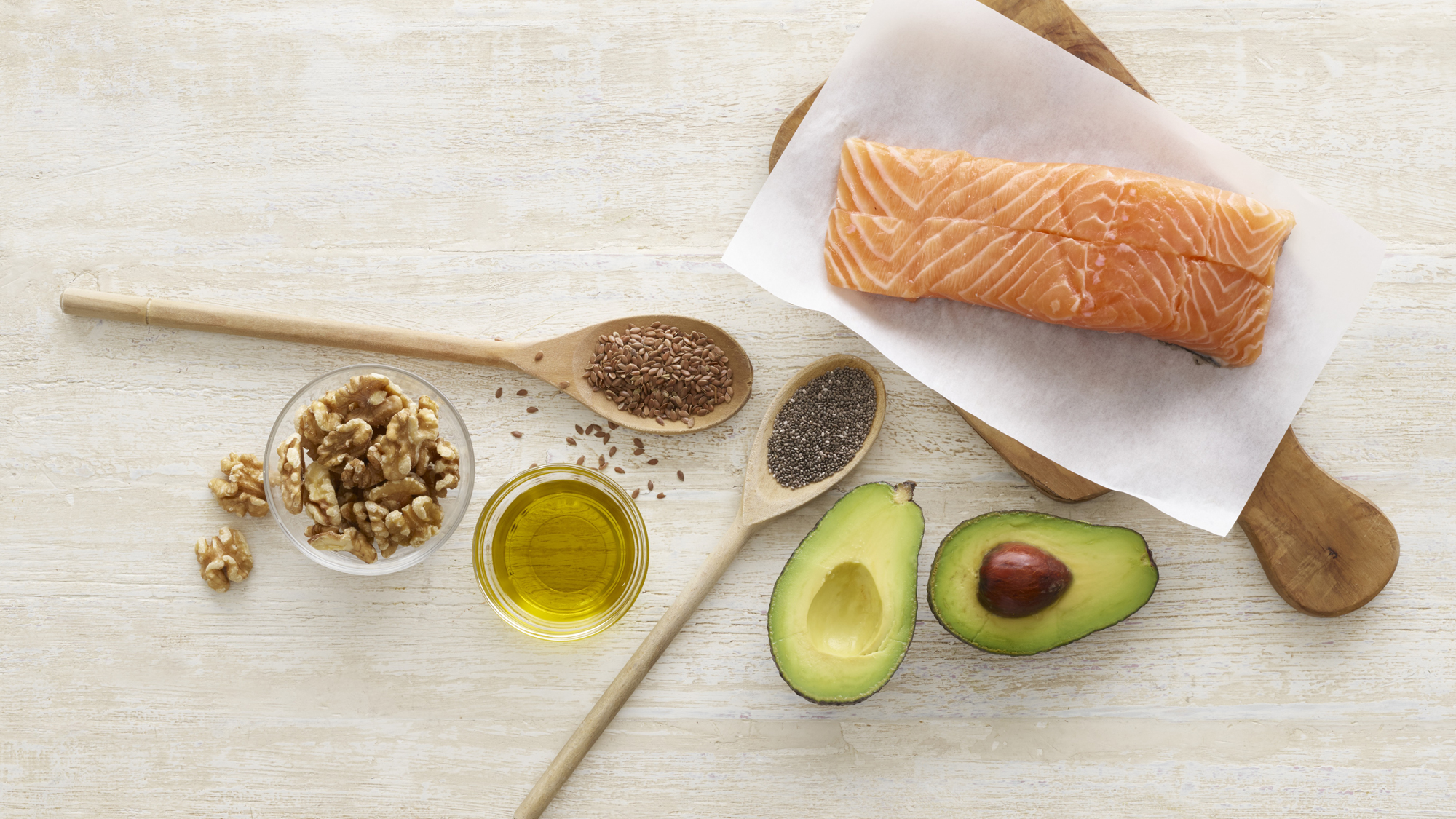How your diet could be making chronic pain from conditions like diabetes worse
New research has found that diets high in omega-6 fats are linked to increased pain levels. Fortunately, some dietary changes may decrease long-term suffering


Start your week with achievable workout ideas, health tips and wellbeing advice in your inbox.
You are now subscribed
Your newsletter sign-up was successful
If you have a long-term health condition such as arthritis or diabetes, at some point you might have experienced chronic pain. This type of pain tends to last for hours, if not days, at a time, and standard treatments like over-the-counter medications can seem to have little effect.
However, new research exploring the effects of diet on chronic pain may offer hope to sufferers.
The study specifically examined the link between polyunsaturated fatty acids and pain conditions, and concluded that diets high in omega-6 polyunsaturated fats (which are distinct from the omega-3 fatty acids found in the best fish oil supplements) served as a significant risk factor.
It's not so long ago that it was popularly believed that all fats were bad for us. We now have a more nuanced understanding of the different types of fats found in many foods. Rather than suggesting we should avoid a specific type of fat, we're more likely to be advised to have a balanced diet with all nutrients in moderation.

Whilst some sources of omega-6 can be good for us, in a typical Western diet omega-6 fats are commonly found in processed foods cooked in or including vegetable oil - think fast food, cakes, cured meats, and sugary snacks.
Conversely, omega-3 foods include more natural sources like fish, flaxseed, and certain types of nuts.
The study highlighted an imbalance of these two types of fatty acid - i.e. higher levels of omega-6 than omega-3 - in typical Western diets. This was associated with higher pain levels, especially in the case of those with Type 2 diabetes.
Start your week with achievable workout ideas, health tips and wellbeing advice in your inbox.
Of course, it's generally a good idea to think about how to eat healthily, but being more mindful of your food choices can help keep levels of omega-6 in check. If you also get aches and pains in your knees, hips, ankles, or elbows, you should also take some of the best supplements for joints.
Commenting on the findings, Duke University researchers Aidan McGinnis and Ru-Rong Ji indicated that they could lead to the development of new treatments, saying: "This comprehensive and elegant study from Boyd et al. may serve as a foundation for new clinical trials and ultimately provide new avenues for the clinical treatment of neuropathies."

James is a London-based journalist and Fitness Editor at Fit&Well. He has over five years experience in fitness tech, including time spent as the Buyer’s Guide Editor and Staff Writer at technology publication MakeUseOf. In 2014 he was diagnosed with a chronic health condition, which spurred his interest in health, fitness, and lifestyle management.
In the years since, he has become a devoted meditator, experimented with workout styles and exercises, and used various gadgets to monitor his health. In recent times, James has been absorbed by the intersection between mental health, fitness, sustainability, and environmentalism. When not concerning himself with health and technology, James can be found excitedly checking out each week’s New Music Friday releases.